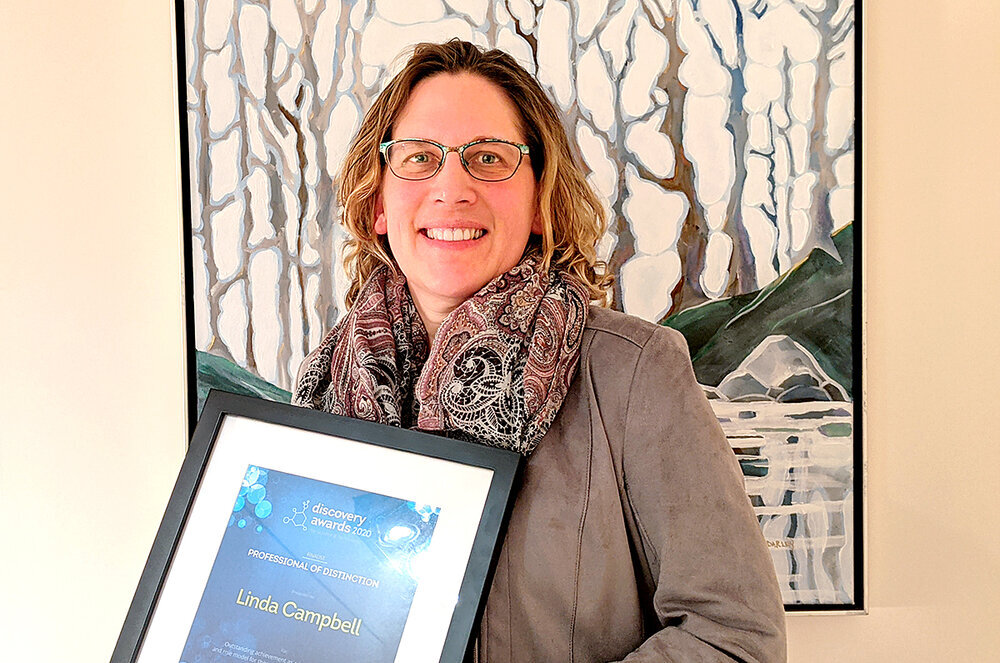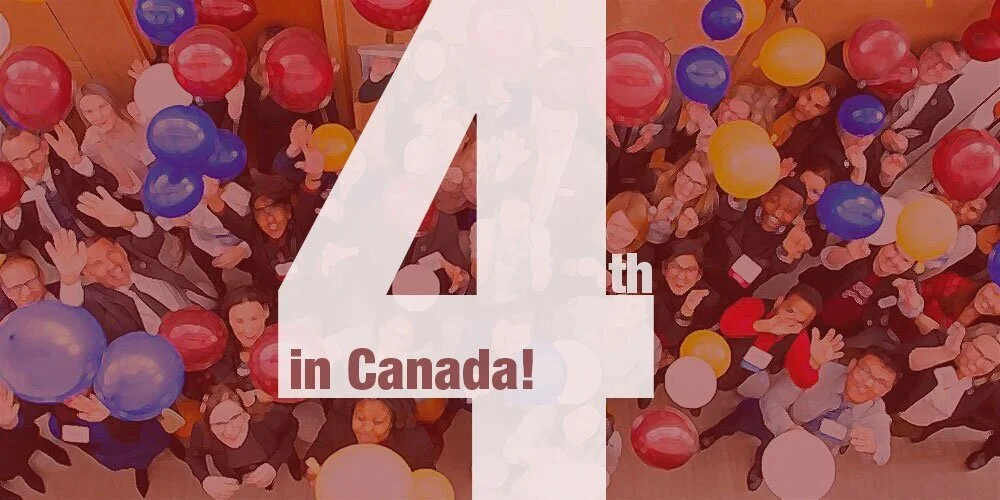A glimpse at the report’s title page.
A new study from a Saint Mary’s University-based research team into the impact of the COVID-19 pandemic on Nova Scotia’s communities was released today, Tuesday, Dec. 22, 2020.
“What this research shows is communities coming together to help each other during a time of need,” says Dr. Tony Charles, a professor at Saint Mary’s University and the director of the Community Conservation Research Network. “The study reinforces what we already know about our communities, that they are resilient and can find community-based solutions to many problems. And for larger problems, they know the solutions needed but may need outside assistance to enact them.”
When the pandemic came to Nova Scotia, Dr. Charles and his team were already looking at Nova Scotian communities, the issues they are facing, and their plans for the future. For each of 50 communities, they spoke to individuals in the community as well as elected municipal officials. When the pandemic appeared in 2020, the team decided to try to learn more about COVID-19 impacts and responses in communities.
“We heard from people how very fortunate they felt to live in places that nourished them in so many ways – communities that rallied by reaching out and checking on one another, and supporting those who were more vulnerable,” adds Libby Dean, one of the researchers on the team.
The study showed that all communities felt at least some impacts of the pandemic on their economic activities and social well-being. Sixty-seven percent of communities said they faced at least some moderate economic implications. Seventy-seven percent said there were social impacts, with 42 percent of communities feeling extremely affected by social and economic impacts. Environmental impacts of the pandemic ranged widely, with about a third of communities seeing little or no impact, a third noticing a low or modest impact, and one-third feeling environmental impacts were moderate to extreme.
Of social impacts, the top ones identified were employment (listed by 58 percent of respondents), social and recreational activities (54 percent) and schools/schooling (50 percent). Of the top three impacts of the pandemic on economic sectors, most affected was the tourism industry (61 percent of respondents), followed by education/research (48 percent) and retail activities (39 percent).
“The work of Dr. Charles and his team exemplifies one of the key pillars of research at Saint Mary’s University—working with our local communities to provide expert advice to address regional and global challenges,” says Dr. Adam J. Sarty, associate vice-president, Research and dean, Faculty of Graduate Studies and Research.
“One thing that was clear from the survey was the importance of community-based groups to facilitate community solutions and responses,” says Dr. Charles. “Some of the themes noted in responses include access to services, financial aid, social connections, food security and volunteerism. In many cases, these responses were recognized as already an inherent part of the way of life in their community.”
The community-based responses included supporting various services no longer as easily accessible, such as groceries and water, and dealing with concerns around food security and access, specifically for children and seniors. Communities also took action to address the need for social connections, such as through virtual religious services, take-out community dinners, and support for regional food banks and local community halls.
Among the highlighted needs that communities require support to address was access to technology and, specifically, the internet. Much of what is being done now regarding education, recreation, arts, and even food services require robust and consistent internet access, which is a challenge in many -communities across the province.
“Despite the uncertainty and the challenges, that sense of community is a strength for Nova Scotia,” says Dr. Charles. “While the forecast is not clear, strong communities help to weather all storms.”
The research survey summary, Nova Scotian Communities & COVID-19: Challenges and resilience, was prepared by Dr. Tony Charles, Larissa Sweeney, Libby Dean, and Rebecca Zimmerman. For more information about the survey or to read the summary report, click here.














